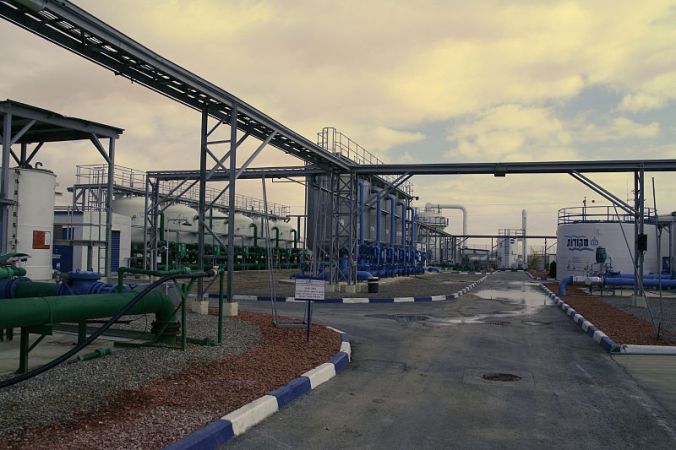By Miguel E. Eusse Bencardino
Water scarcity in the Middle East has long been an issue due to the area’s desert climate and lack of freshwater resources. While water access is a humanitarian issue, in this region it also carries enormous political importance. Despite efforts in previous peace negotiations to bring water security, more technical, institutional and political cooperation is needed. A new World Bank initiative aims to help spur this type of cooperation, with Israel at the helm.
Israel is internationally recognized for its ability to manage and deliver scarce water resources. Israel has built four desalination plants since 2005, and five more are expected to begin operations soon. Additionally, cooperation agreements with Jordan have improved the region’s water distribution infrastructure. Through desalinization of Mediterranean and Red Sea water (which accounts for 80% of Israel’s total water today), Israel has reached water stability.
On June 17 Israel’s Ministry of Economy signed a $500,000 agreement with the World Bank to promote knowledge sharing on water issues through technical assistance, capacity building, and knowledge dissemination. Every World Bank Group member country aiming to improve its water resilience is eligible to participate; countries facing water stress are highly encouraged to take part.
